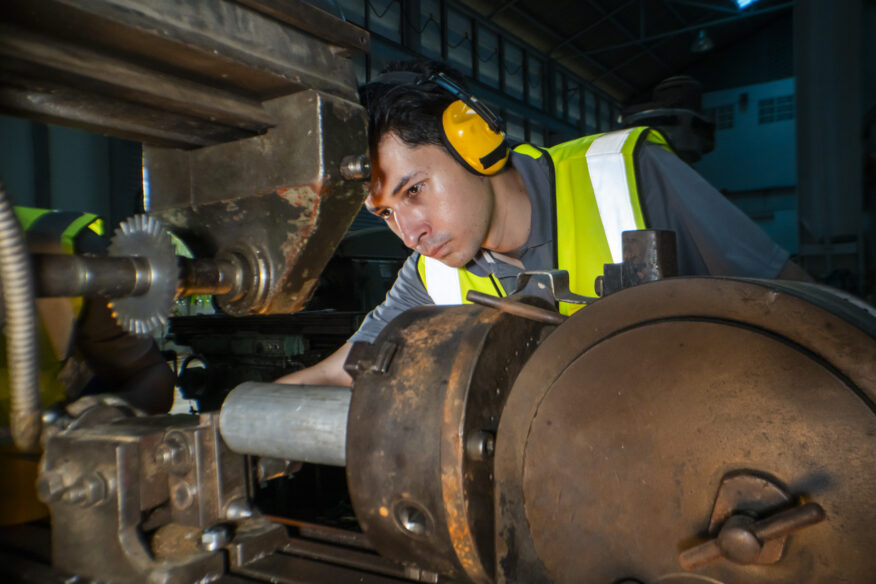
Have you ever been asked by a family member or friend to be the executor of their will? Or when preparing your own will, have you wondered what does an executor do and what their duties involve?
It’s an important question – and one that will likely touch all of us in some way. Whether you’re thinking about your own estate planning or have been nominated to carry out someone else’s wishes, understanding the responsibilities of an executor is essential.
What to do as executor of a will
If you are asked to be an executor, you will be legally responsible for carrying out the wishes of the deceased person after they die. Likewise, the person you appoint as your own executor will manage your estate after your death.
There are laws in place that set out how an executor must act, but in general, the role is about faithfully and honestly carrying out the wishes outlined in the will. In simple terms, it’s a position of trust.
Typical executor duties may include:
- locating the will
- organising the funeral (if not pre-arranged)
- identifying the deceased’s assets and liabilities
- deciding whether probate is required
- paying any outstanding debts or taxes
- distributing assets to beneficiaries
- preparing estate accounts and reports
- lodging final tax returns.
First time being an executor
For many people, it’s their first time being an executor – and the role can feel overwhelming. Depending on the complexity of the estate, administering a will can be straightforward or, in some cases, take months or even years.
Executors may also act as trustees in certain situations. For example, if the deceased leaves behind young children, the executor might need to manage funds or assets until the children reach a specified age. This may include making decisions about early access to funds for things like education or healthcare.
If you’re unsure about your duties, our wills and estates team can guide you through the process.
Step-by-step guide for executors
Here’s a basic outline of steps for executors to follow:
- Locate the will and confirm your appointment
- Register the death and organise the funeral– see Services NSW death registration
- Apply for probate (if required)
- Identify and secure assets
- Pay outstanding debts and liabilities
- Distribute the estate to beneficiaries according to the will
- Keep records and prepare final accounts
If you’re unsure at any stage, seeking legal guidance is strongly recommended. A solicitor can assist you with the probate process and ensure all obligations are met. These legal costs are typically paid from the estate, not from your personal funds.
Do I need probate as an executor?
Whether probate is needed will depend on the type and value of assets involved. Small estates with minimal assets may not require a formal grant of probate, while larger or more complex estates usually will. Banks, superannuation funds, and other institutions often require a grant before they’ll release funds.
Your solicitor can advise you based on the specific circumstances of the estate.
You can learn more about probate through the NSW Supreme Court Probate Division.
Can an executor be held liable?
Yes – an executor can be held personally liable if they fail to act in accordance with their duties or mismanage the estate. This is why it’s so important to take the role seriously, keep accurate records, and seek professional advice if you’re uncertain.
Our firm offers executor support services to help reduce risk and ensure compliance with the law.
Choosing the right executor for your will
Because the role can carry significant responsibility, it’s important to discuss the appointment with the person you’re considering. You can appoint:
- An individual over 18
- Multiple people (who must act jointly)
- A corporate executor (such as a trustee company)
- A state-based Public Trustee – e.g. NSW Trustee & Guardian
Note that professional executors like trustee companies and the Public Trustee will generally charge a fee – often a percentage of the estate’s value. All executors can claim reimbursement for reasonable expenses incurred while administering the estate.
When choosing an executor, consider their age, capacity, and willingness to act. Someone significantly older than you may not be able to take on the role when the time comes, so it’s wise to name an alternate.
What does an executor do? In summary
So, what does an executor do? They ensure that the deceased’s wishes are followed, debts are settled, and assets are distributed in line with the will – all while acting in good faith and complying with legal obligations. While it can be daunting, many executors are able to manage the task successfully with professional support.
This is general advice only. Because individual circumstances vary, we recommend seeking legal advice tailored to your situation.
Stuart Barnett
Whitelaw McDonald Lawyers


